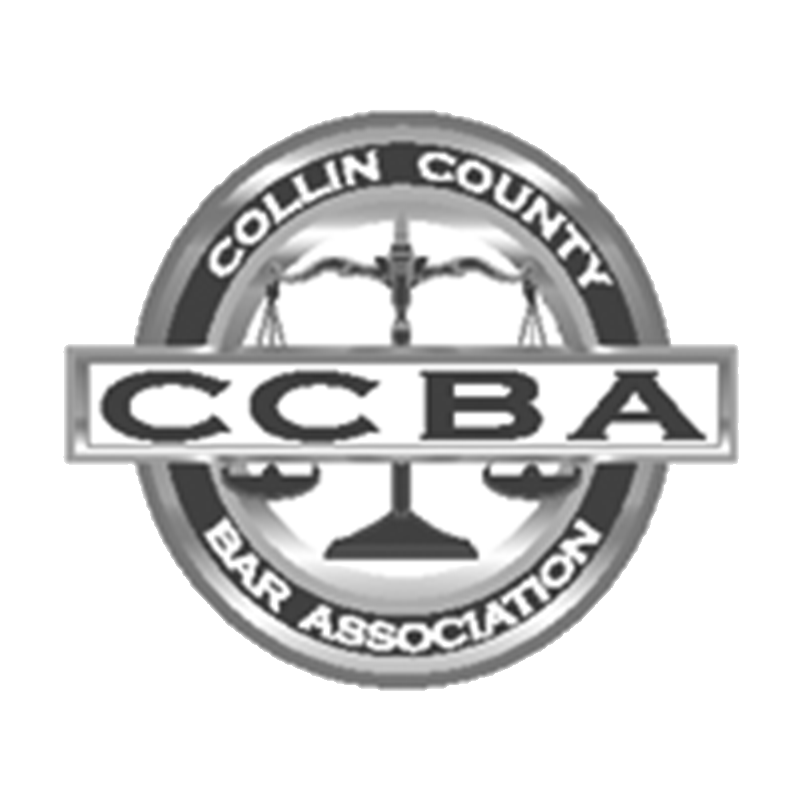When it comes to paying child support, not everyone that is ordered to pay, actually pays the full amount due on each due date. Failure to pay child support as ordered will result in the “obligor” (the legal name used to describe the person ordered to pay child support) having a child support “arrearage” (an amount of money that is owed and should have been previously paid). For the “obligee” (the legal name used to describe the person ordered to receive child support), he/she can file a lawsuit against the obligor to enforce the terms of the child support order.
Failure to pay child support pursuant to the terms of a court order can result in the obligor paying fines, paying the obligee’s attorney’s fees, and even jailtime. Additionally, the obligor’s wages can be garnished, his/her income tax returns can be intercepted, bank accounts can be levied, and also, a suspension of the obligor’s driver license can occur. Needless to say, the implications for not paying child support can be severe.
However, the obligee does not have unlimited time to bring a child support enforcement case against the obligor. How long does the obligee have to file a lawsuit against the obligor for unpaid child support? Well, like many things in law, it depends. The length of time a person has to bring a child support enforcement suit will depend on facts of his/her situation and the relief the he/she is seeking.
Below is an outline of the various child support enforcement options along with information pertaining to each option, including the timeframe the obligee has to enforce it.
|
Enforcement Method |
When Applicable | Remedies | Deadline to Enforce |
|
Contempt |
The obligor misses a child support payment or makes a late/partial payment | Obligor can be incarcerated, put on community supervision, pay fines, pay attorney’s fees
|
Must be requested no later than 2 years after either 1) child becomes an adult or 2) the child support obligation terminates |
|
Clarification |
Child support order is not specific enough to be enforced by contempt | Court will clarify the child support order so that it can be enforced by contempt in the future | Must be requested no later than 2 years after either 1) child becomes an adult or 2) the child support obligation terminates |
| Confirmation of Arrearages | The obligor misses a child support payment | Renders a cumulative money judgment for child support arrearages |
Must be requested no later than 10 years after either 1) child becomes an adult or 2) the child support obligation terminates |
|
Issuance of Suspended wage-withholding order |
Wage-withholding order was suspended and one of the following has occurred: 1) the obligor is in arrears for an amount due for more than 30 days, 2) the amount of arrearages is equal to or greater than the amount due for a one-month period, or 3) any other violation of the order has occurred | Deducts child support directly from the obligor’s wages |
Must be requested before obligation to pay current child support ends |
|
Judicial Writ of Withholding |
The obligor is in arrears in an amount equal to or greater than the total support due for one month, or wage withholding order was not ordered at the time child support was ordered | Deducts child support (and arrearages) directly from the obligor’s wages | Can be requested until all child support (including arrearages, interest, and fees) have been paid |
|
Child Support Lien |
The obligor misses a child support payment or child support arrearages have been judicially determined | Places lien on all real and personal property that is owned by the obligor and not exempt under law |
Can be places on property after 1) the obligor misses a child support payment or 2) child support arrearages have been judicially determined |
| Levy on Financial Institutions | Child support arrearages have been judicially determined | Freezes the obligor’s financial accounts until the financial institution pays the child support arrearages from the accounts |
Can be executed on financial institutions until the judgment for child support arrearages is satisfied |
| License Suspension | The obligor 1) is in arrears in an amount equal to or greater than 3 months of support, 2) has been provided an opportunity to make payments under a repayment schedule, and 3) is noncompliant with the repayment schedule | Suspends the obligor’s occupational, recreational, and motor vehicle licenses |
Must be brought while the obligor is noncompliant with the repayment schedule |
If you have questions about your options when it comes to child support enforcement, contact us to discuss your situation.
Written by Dana J. Stewart

















